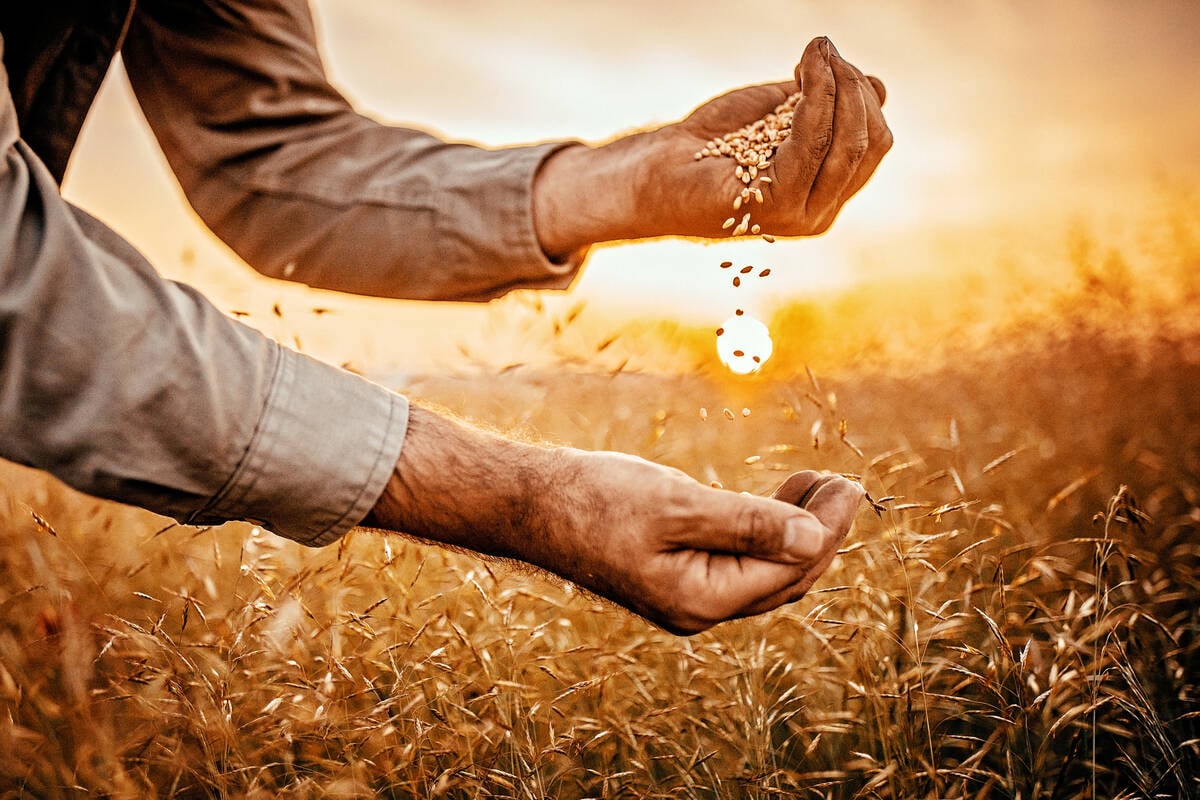Despite the early-1999 focus on designing details of a government farm aid package and a permanent disaster program, agriculture minister Lyle Vanclief says farmers also have an obligation to do as much as they can to help themselves.
Looking to governments for aid is no longer an adequate back-up safety net, he said.
In a year-end interview, he talked at length about the need for farmers to become better at using futures markets and hedging to protect their revenue prospects.
“It’s part of the whole package of things we have to do,” he said. “We have to work with industry and encourage industry and help the industry to do these things.”
Read Also

Taking a look inside Canada’s seed regulatory overhaul
ive years, eight task teams, 130 volunteers and 135 recommendations later, Canada’s seed industry is still waiting for meaningful regulatory change.
He said financial lenders increasingly expect farmers to take some of the risk out of their own operations before they are willing to advance money.
“In the past, we grew hogs and sold them on the market when they reached their proper weight,” said Vanclief, a former hog producer. “More and more, people in financial institutions are saying ‘we know you can do all this stuff but what about your sales? Rather than projecting what you think they’re going to be, are you going to lock some in and take some of the risk out of it?’ “
Vanclief said federal and provincial negotiators will be working this year on a new safety net system which includes a “third line of defence” to protect farmers from sharp declines in income.
But unlike earlier times, government also will be telling farmers they should consider using marketing tools.
“We need to point out to producers the importance of using other financial management tools as well.”
Before 1988, when Vanclief was farming, individual marketing options were not as accessible.
“I had a pretty good green thumb and we were pretty good with livestock,” he said.
“But I wasn’t a marketer and there wasn’t a lot of expertise available back then on marketing.”
That is changing.
“I think we’re turning the corner on this whole thing,” said Vanclief. “We are seeing the industry evolve that way. If cattlemen in Alberta are not forward selling, they won’t be in business.”
Forward pricing is a gamble and not for everyone, he said.
But it should be an option considered. As an example, the minister said he has heard of pig farmers last May who were selling hogs for $1.55 per kilogram and saw market indications that prices would fall. They could have locked in November sales at $1.20.
“That was at a loss and they didn’t want to do it,” he said. “Hindsight is a wonderful thing but they ended up selling at 55 cents. At the present time, I’m told they are already booking them for next April and May at $1.50, $1.55. That is a good option.”














